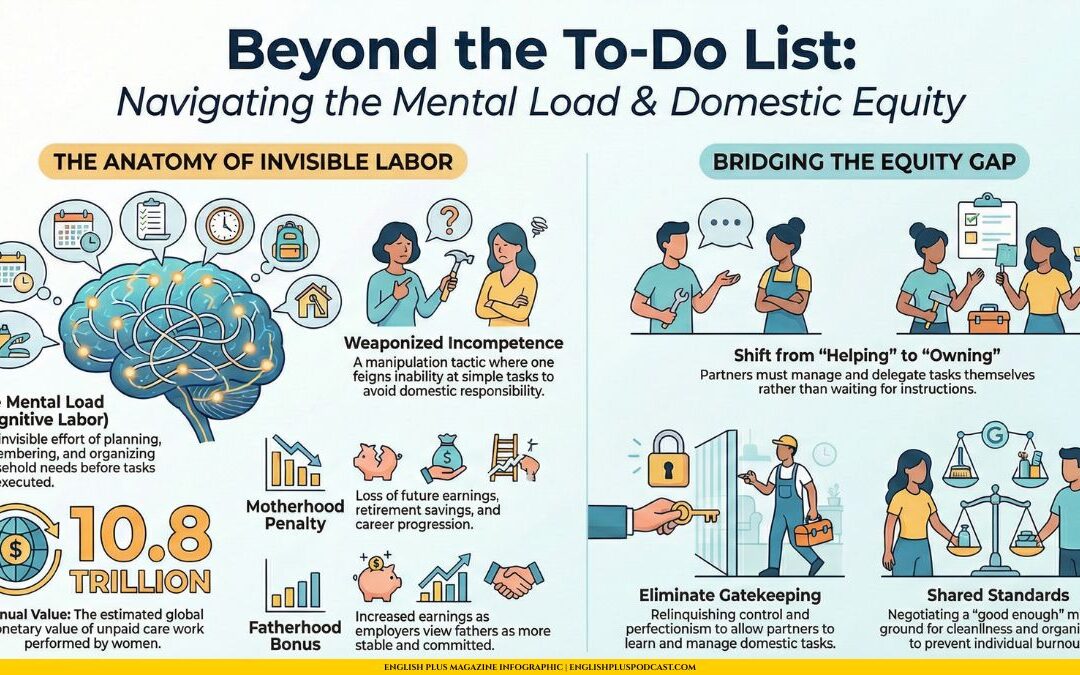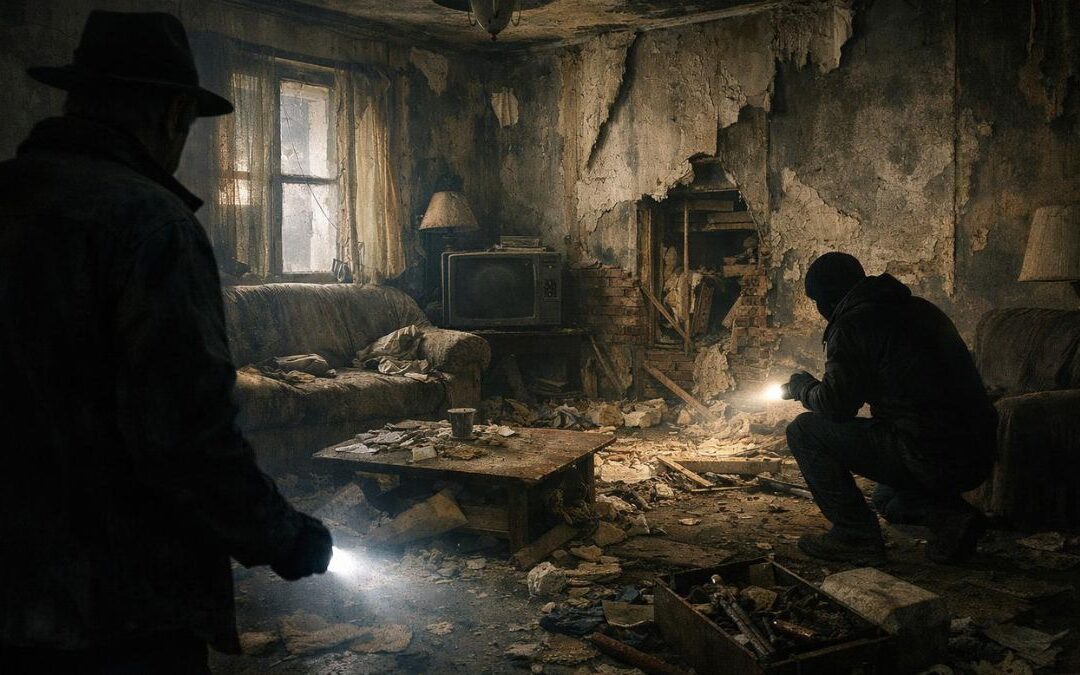If a stranger found your wallet on the street, looked at your ID, and saw your face, would they know you? They’d know your name, your height, your date of birth. But would they have any clue about the weird way you laugh when you’re tired, the specific ache you feel when you hear a certain song, or the secret, wild dream you’ve never told anyone? They’d see the container, but the contents would be a complete mystery. It begs the question, beyond the name and the face, what makes you you?
The Ship of Theseus in Your Body
Let’s start with a puzzle that has been messing with philosophers’ heads for thousands of years. It’s called the Ship of Theseus. Imagine the great hero Theseus has a magnificent ship. Over the years, it gets weathered. A plank rots and is replaced. Later, a mast cracks and is swapped for a new one. This continues for a century until, eventually, not a single original piece of wood remains. The question is: is this still the Ship of Theseus?
Now, let’s bring this home. Your body is that ship. Through a process of cellular regeneration, most of your body’s cells are replaced over a period of about seven to ten years. The atoms that make up the “you” who started reading this sentence are not the exact same atoms that will finish it. You are in a constant state of material flux. So, are you the same person you were seven years ago? Ten years ago? When you were a child? If you are not your body, because your body is constantly changing, then what part of you is the constant? What part endures?
Are You Just a Collection of Memories?
A popular answer is that you are your memories. The 17th-century philosopher John Locke championed this idea. What connects the five-year-old you who fell off a bike to the you of today is an unbroken chain of consciousness, a string of memories. You are you because you remember being you. You remember the scraped knee, the taste of your favorite childhood ice cream, the awkwardness of your first dance, the pride of your first real accomplishment. This psychological continuity feels right, doesn’t it? It feels personal, intimate. My memories are mine.
But let’s poke at this a little. What happens if that chain breaks? Consider someone with amnesia. If they can’t remember their past, have they ceased to be the same person? Their family and friends would certainly still see them as the person they love, but in their own mind, are they a new entity, a blank slate?
And it gets even trickier. Our memories are notoriously unreliable narrators. We misremember, we embellish, we create false memories that feel as real as any other. If your identity is built on a foundation of memory, and that foundation is a bit… wobbly, how stable can that identity really be? This is a tender and profound question, especially when we think of loved ones who suffer from diseases like Alzheimer’s. As their memories fade, we fight to hold on to our memory of them. It suggests that maybe, just maybe, our identity isn’t something we hold all by ourselves.
The Body Snatcher Problem
Alright, so if memory is shaky, let’s go back to the body. Maybe you are you simply because you inhabit this specific, continuous physical form. You wake up in the same body every morning, you look in the mirror, and yup, there you are. It seems simple enough.
But let’s have some fun with a little sci-fi. Imagine technology exists to perfectly scan your brain—every neuron, every connection, every memory—and upload that data into a new, identical, lab-grown body across the room. Or maybe into a sleek, indestructible android body. Your old body is then painlessly destroyed. The new being wakes up. It has all your memories, your personality, your quirks, your love for spicy food, and your irrational fear of moths. Is that person… you?
You—the original you—would experience a cessation of consciousness. You would die. But from the outside, and from the new being’s perspective, your life would continue without a blip. This thought experiment, called the teletransporter paradox, forces us to ask if our identity is truly just information, or if it is inextricably tied to the physical, biological continuity of our brain and body. Would you step into that machine?
You Are a Story You Tell Yourself
Feeling a little dizzy? Like your sense of self is dissolving? Good. Let’s move to a more empowering, and I think, more beautiful idea. What if you aren’t a thing at all—not a body, not a brain, not a soul—but a process? What if you are a story?
This is the narrative theory of self. It suggests that what makes you you is the story you are constantly telling yourself about yourself. You are the narrator and the main character of an epic that is your life. You weave together your past memories (the reliable and the not-so-reliable), your present experiences, and your future hopes and fears into a coherent, ongoing narrative.
“I am the kind of person who is resilient.” “I’m a creative soul who feels trapped in a boring job.” “I’m a loyal friend.” “I’m someone who is trying to be better.”
These are all story elements. And the incredible thing about this idea is that it gives you agency. You are not just a character being pushed along by the plot; you are also the author. While you can’t change the events of the past, you can change how you frame them in your story. Was that failed business a tragedy that proves you’re a failure? Or was it the crucible that forged your resilience and taught you invaluable lessons for your next venture? You get to decide. You can edit your story, shift the theme, and most importantly, you get to write the next chapter.
The Socially Constructed Self: Who Are You With Them?
But we don’t write our stories in a vacuum. We are surrounded by other authors and characters who are constantly co-writing our story with us. Think about it. Are you the exact same “you” when you’re with your childhood best friend as you are in a high-stakes meeting with your boss? Are you the same “you” with your parents as you are with your partner?
Probably not. We have different versions of ourselves that we present in different social contexts. This isn’t necessarily being fake or inauthentic. It’s more like being a complex gemstone. When the light hits it from one angle, it shines a brilliant blue. From another angle, it’s a deep green. It’s all the same stone, but different facets are revealed in different lights. Your identity is shaped by your relationships, your culture, your community. You are, in part, a reflection in the eyes of others. The “you” that exists is a collaborative project.
So, Who Is Driving This Thing?
So after all this, what makes you you? Are you the ever-changing ship of your body? The flickering, unreliable film of your memories? The story you tell yourself? The reflection you see in others?
The answer is probably a frustrating and beautiful, “Yes.”
You are not one of these things. You are the dynamic, messy, miraculous interplay of all of them. You are a walking paradox. You are a physical body subject to the laws of physics, and you are a narrative that can defy gravity. You are a product of your past, and you are the author of your future. You are a singular consciousness, and you are a node in a vast network of other people.
Perhaps the point isn’t to arrive at a neat, tidy answer. Perhaps the very act of asking the question—of looking inward, of questioning your assumptions, of marveling at the mystery—is the most fundamental part of what it means to be you.
Your Turn at the Helm
This is where I turn the ship over to you. Which of these ideas resonates with you the most? Do you feel like your body, your memories, or the story you tell is the most crucial part of your identity? Or is it something else entirely?
Think of one story from your life, big or small, that you feel truly defines a part of who you are. I would love for you to share your thoughts in the comments. Let’s explore this beautiful, baffling puzzle together.










0 Comments